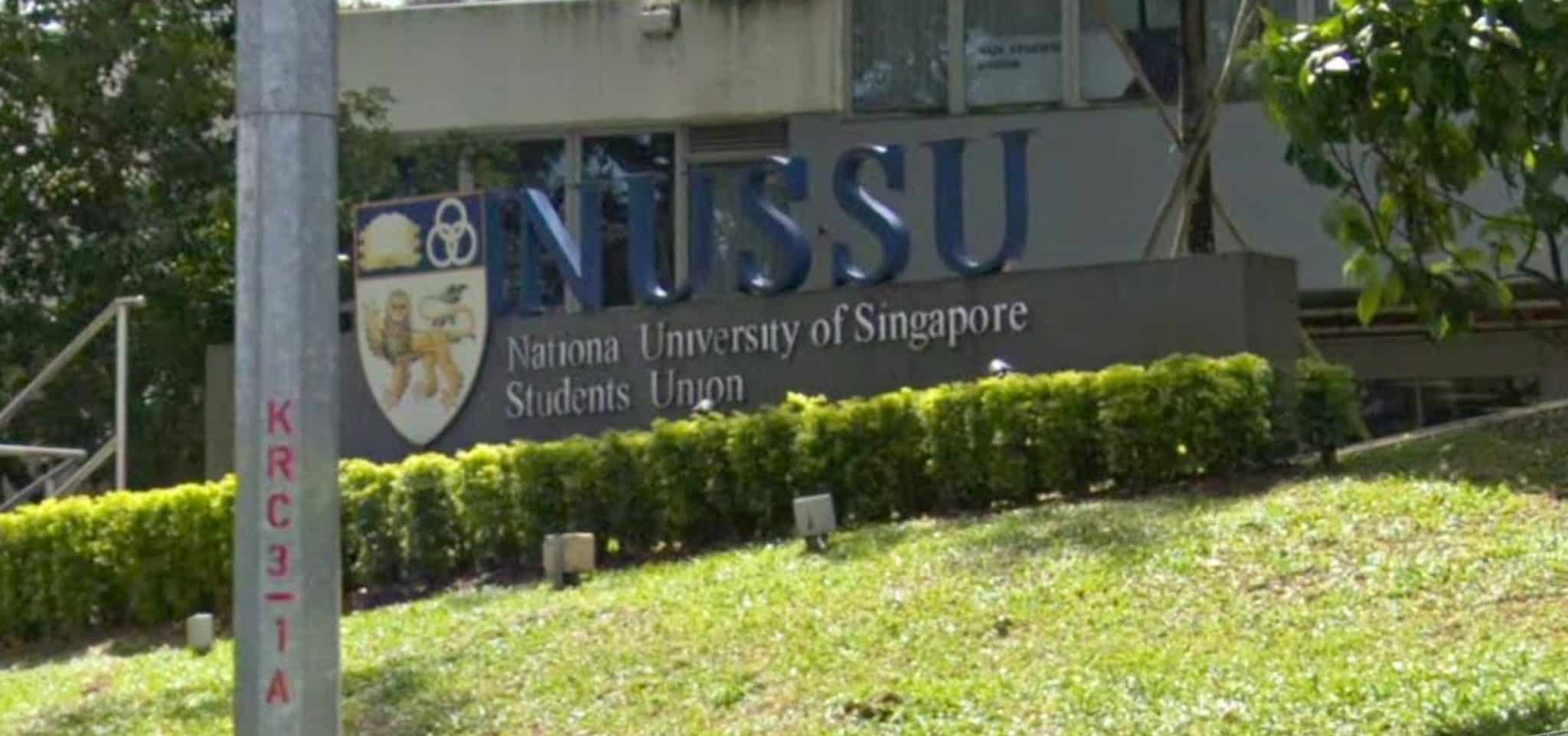Chiming in on the recent discourse on how NUS decided to handle the case of a student who was caught filming another student in the shower, a former NUS student who had been part of several Board of Discipline hearings in his time back in 2013-2014 defended the University’s actions.
Sherman Ong said in a long Facebook post that while he acknowledges how horrible and traumatic the incident was for student victim and agrees that such criminal acts have no place in a civilised society, he thinks calls for NUS to hand out heavier punishment to the offender is not justified, nothing that the entire matter is ‘more nuanced’.
The victim, Ms Baey had noted that even after investigations revealed evidence of the perpetrator committing the crime (CCTV footage of him stalking the bathrooms and the video he filmed found on his cellphone), the police only gave him a 12 month conditional warning while the school only suspended him for one semester and made him write an apology letter to the victim. They also sentenced him with mandatory community service, counselling, and rehabilitation sessions. To Ms Baey, and many others who have come out in support of her, the punishment meted out by NUS was too light and disproportionate to the crime.
Mr Ong, however, said that the University does not have the power to hand out criminal punishment on the student offender or bring criminal charges against him. Mr Ong highlighted that the Public Prosecutor’s office, working with the police, are the ones who decide whether to bring charges in a criminal matter such as this.
He said, “In this case, it is apparent that the good folks at the Attorney General’s Chambers (“AGC”) and SPF have decided not to press charges and instead issue a conditional warning period in lieu of prosecution. Legally speaking, that is and should be the end of the course of seeking criminal justice in this matter, simply because the person vested with prosecution powers (i.e. the Public Prosecutor) has made the decision not to press charges.”
The second point Mr Ong made was that the NUS Board of Discipline (BOD) has limited jurisdiction. He said that while criminal proceedings in Court deal with the criminal act itself in ensuring public interest and punishing the crime itself, the BOD is bound to look at the case in terms of the university’s interest.
He said, “NUS’ disciplinary process arises from the university’s interest in ensuring that the rules and spirit of academia are kept in place and that students do not misbehave in the context of the university-student or student-student relationships/context.”
Essentially, he’s saying that the NUS disciplinary process is not a substitute for the criminal justice system and that the University is focused on protecting the interest of academia.
Next, he talked about how the proportionality of punishment meted out by the BOD was actually. He first says that he “makes no comment on the proportionality of the sanctions to the act” before describing how his own experience from more than 5 years ago showed that explusion was reserved for acts of academic dishonesty such as cheating, fraudulent declarations during admissions and falsification of experiment results.
“It is not difficult to understand why – the university’s main interest is to maintain the integrity of the academia environment. Academic dishonesty strikes at the root of such integrity and therefore deserves the highest sanction – expulsion,” said Mr Ong.
He continued by saying that “peeping and filming in showers/toilets do not fall within that category of acts that attract expulsion…at least not back in 2013-2014”.
However, he admitted that society has become “more sensitised and enlightened over sexual assault, harassment and crime” and he’s certain that the NUS administration will review their current disciplinary framework to be in line with current societal norms and expectations.
Finally, Mr Ong touched on how universities are pressured to keep things under wraps to protect their image. He said, “I think there is a bit of implicit pressure not to let things blow up at different levels of the NUS administration, from the university level (e.g. Registrar’s office) to the faculty or residential college/hall level.”
On this note, he suggested that a better system be put in place for reporting of such acts – making it mandatory and incentivised to mitigate the pressure administrators might feel to keep things under wraps.
Essentially, Mr Ong is saying that the NUS BOD has done all it can within its powers to address the issue and that the victim, Ms Baey, should look to the criminal justice system instead if she wants a stronger punishment to be handed out. Though he also said that he believes the Attorney General’s Chambers have their own reasons to not pursue criminal charges and he’s happy to leave it at that.
“Forcing NUS to serve criminal sanctions is a bad precedent that we should be hesitant to allow,” he concluded.
I think Mr Ong is forgetting one important detail – that no one is asking for NUS to hand out criminal sanctions. Ms Baey and concerned parties are merely asking for NUS to take a stronger stance against sexual harassment and assault and not hide behind the veil of academia while they wash their hands of the responsibility to build a safe community for their students.






